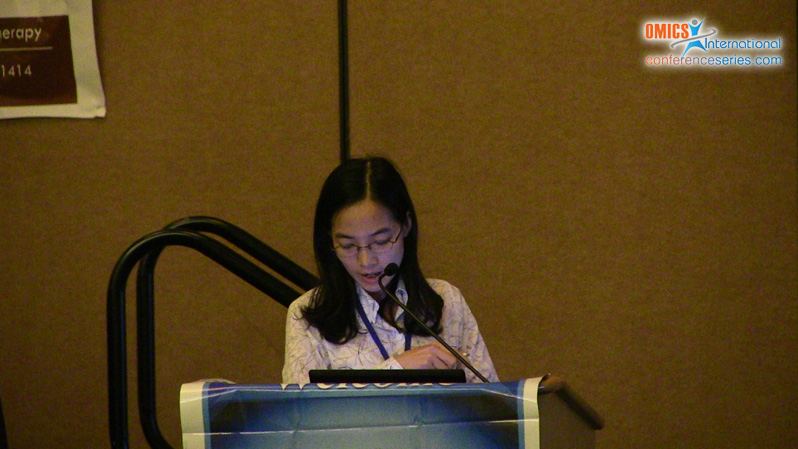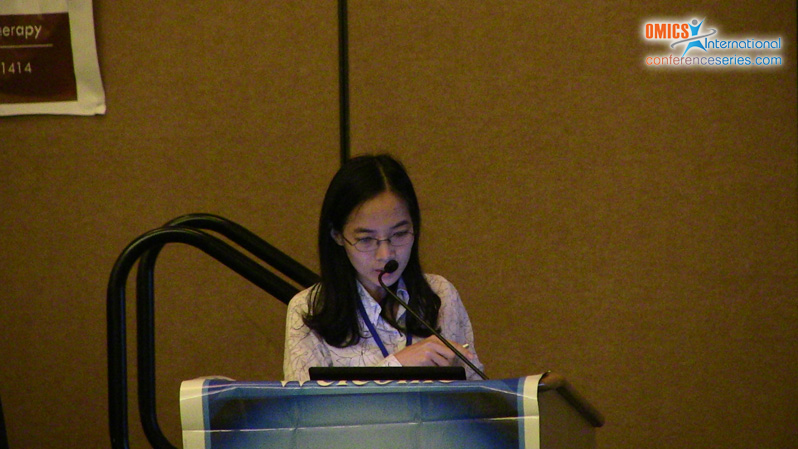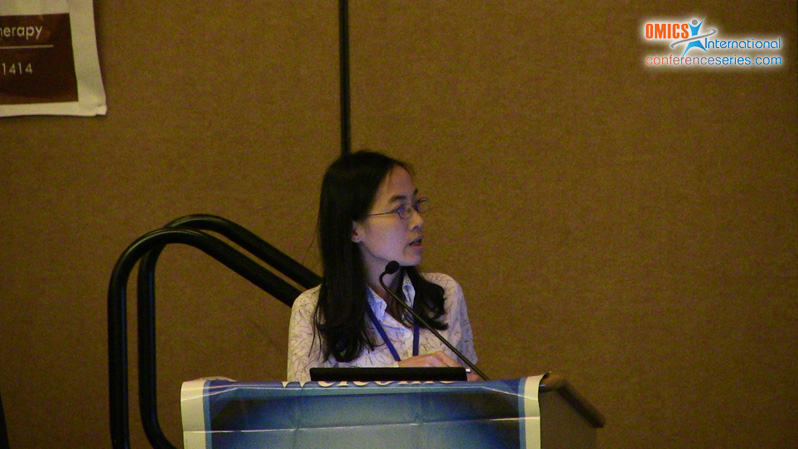
Pham Bich Diep
Hanoi Medical University, Vietnam
Title: The link between alcohol expectancies and alcohol outcomes is mediated by drinking motives among students in Vietnam
Biography
Biography: Pham Bich Diep
Abstract
To investigate whether, also in Vietnam, the links between alcohol expectancies (tension reduction; global positive change; improved cognitive and motor abilities and change in social behavior) and alcohol outcomes (drinking volume, 6+ drinking, alcohol problems and alcohol dependence) are mediated by drinking motives (social, enhancement, conformity and coping). The Vietnamese drinking culture differs from that in more developed Western countries, in particular due to large gender differences in alcohol use. A multi-stage (city, university/faculty, academic year) sampling strategy was used in four Vietnamese provinces resulting in a final sample of 4,756 students (43.2% females) with mean age 20.6 (SD 1.8) years. Structural equation models including indirect effects were estimated for women and men separately. Overall, expectancies were almost always mediated by motives but with major gender differences. Among female students the links between three expectancy factors (tension reduction; global positive change; change in social behavior) and all alcohol outcomes were fully mediated, most often by coping motives, rarely by enhancement and not at all by the other motives. Among male students these links were fully mediated by all four drinking motives. By confirming that, also in Vietnam, motives mediate the link between expectancies and drinking behavior, this study supports the cultural robustness of a key assumption of the motivational model (i.e., that drinking motives are more closely associated with alcohol use than expectancies). Drinking motives seem a more promising factor to be included in intervention efforts than expectancies.



